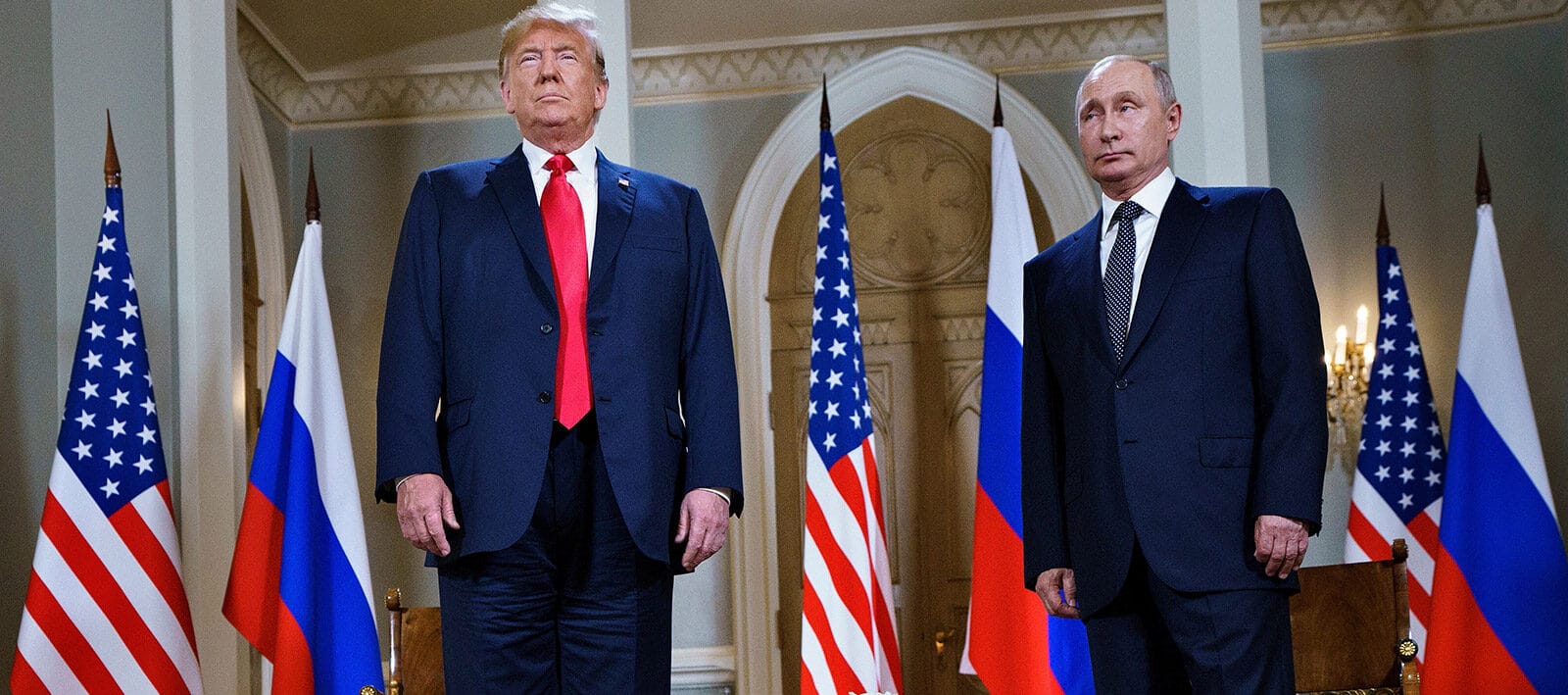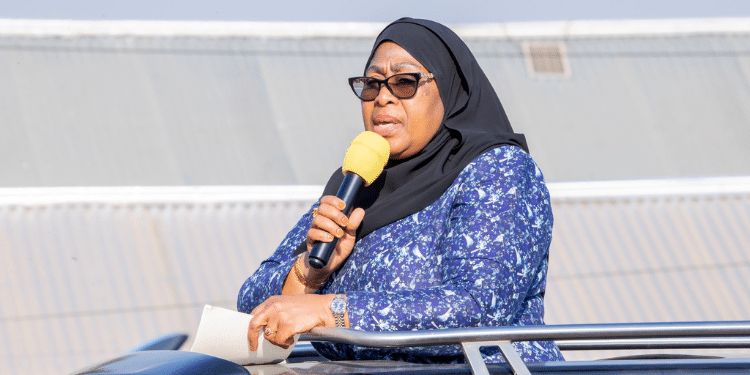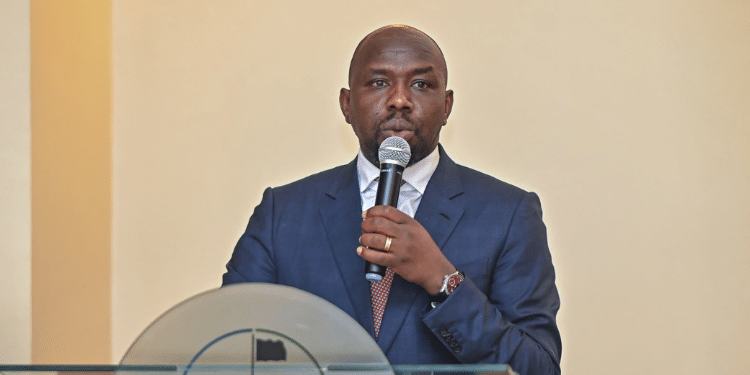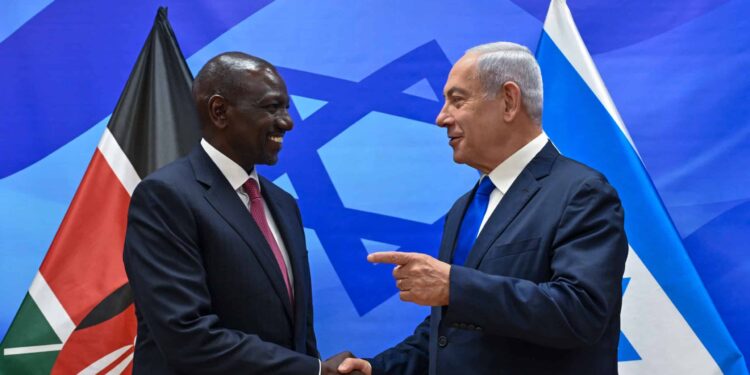As the world continues to grapple with ongoing global conflicts, the wars in Ukraine and Israel-Palestine serve as stark reminders of violence, corruption, oppression, and the dehumanization that have plagued our societies.
Amid escalating violence between Hamas and Israel, diplomatic solutions appear more urgent than ever, with global attention increasingly focused on the need for lasting peace in the Middle East.
Recent developments, particularly the revelation by Local Call, a partner site of +972 Magazine, have added fuel to this volatile situation.
The Israeli Ministry of Intelligence has proposed forcibly transferring Gaza’s 2.2 million Palestinian residents to Egypt’s Sinai Peninsula—an idea that has sparked international outrage.
While Hamas’s brutal attacks on Israeli civilians on October 7, 2023, have been widely condemned, Israel’s military campaign in Gaza is drawing criticism for its increasingly indiscriminate nature.
Furthermore, the deprivation of electricity, water, fuel, and food, alongside the blocking of almost all humanitarian efforts, may be judged as collective punishment under international law.

International Community Pressure on Israel and Palestine
The pressing need for a humanitarian ceasefire and the release of hostages, as advocated by the international community, must be accompanied by renewed diplomatic efforts to end this multigenerational conflict.
Human rights groups, too, mourn the tragic loss of innocent civilians and demand the respect of international humanitarian law.
As Mahatma Gandhi once said, “An eye for an eye only ends up making the whole world blind.”
In this case, every act of retaliation pushes both Israelis and Palestinians further into a cycle of violence and trauma, obscuring the path to peace.
Also Read: Kenya, US & Egypt Declare New Stance on Israel-Hamas War
While the international consensus still points to a two-state solution as the most viable way forward, there is growing recognition that inaction has allowed this proposal to wither over time.
A Palestinian state in Gaza and the West Bank, along with Israel swapping territories for peace and dividing Jerusalem under joint control, may remain the foundation for peace, but only if the global community takes meaningful action.
Recent reports from organizations like the Open Society Foundations highlight the importance of supporting civil society in Israel and Palestine.
These efforts, aimed at documenting human rights violations and advocating for equality, must be supported on a larger scale.
Achieving peace in the region requires more than diplomatic words—it requires committed action and policies that reflect the aspirations of both Israelis and Palestinians to live in freedom and security.
The Case for a One-State Solution
For some observers, however, the two-state solution may no longer be viable. Political analysts like Cyprian Nyamwamu argue that after decades of failed negotiations, the time has come to consider a one-state solution.
Drawing from his 34 years of experience in international affairs, Nyamwamu proposes a strategic foresight approach that seeks to unify Israel and Palestine under a single federal state.
His vision includes a constitutional framework where the presidency and premiership are shared between Palestinians and Israelis, creating a system of governance that fosters coexistence and equity.
Nyamwamu’s proposal calls for a unified military, police force, and federal arrangement, similar to that seen in Tanzania and Zanzibar.
This model, successfully implemented after years of political tensions, offers a useful case study for resolving deep-seated conflicts.
After gaining independence, Tanzania and Zanzibar were separate entities, with Zanzibar retaining its own government under the federal framework.
While maintaining autonomy over key issues like culture and local governance, the islands of Zanzibar and mainland Tanzania unified to ensure greater national stability and security.
This model of federalism could be a blueprint for Israel and Palestine. The federal arrangement would allow for autonomy in regions like Gaza and the West Bank, while unifying military and national governance structures under a shared constitution.
Under such an agreement, Jerusalem would become a shared city, governed by two mayors appointed by the president and prime minister of the unified state.
Lessons from Tanzania and Zanzibar
The Tanzania-Zanzibar case demonstrates that federalism can accommodate both autonomy and unity.
In 1964, following political upheavals and violence, Tanzania and Zanzibar merged to form a single nation while allowing for Zanzibar’s semi-autonomous government.
What’s more, the union provided a structure that preserved local governance in Zanzibar while maintaining national integrity. By sharing key functions such as foreign affairs, defense, and economic policy, the union brought stability to both regions, ending years of tension.
Nyamwamu envisions a similar approach for Israel and Palestine, one that allows both communities to retain cultural and political identities while cooperating on national governance and security.
The key to this approach lies in shared power—ensuring that both Israelis and Palestinians have a stake in the future governance of their land.
For Nyamwamu, a one-state solution that embraces federalism and mutual respect for autonomy could bring an end to a conflict that has festered for generations.
Additional Case Studies from Around the World
Other conflict-prone regions across the globe have also explored similar governance arrangements to resolve deeply entrenched disputes, offering valuable lessons for the Israeli-Palestinian conflict.
Northern Ireland’s Good Friday Agreement (1998): One of the most widely cited examples of conflict resolution, the Good Friday Agreement in Northern Ireland ended decades of violence known as “The Troubles.”
The agreement established power-sharing between the mainly Protestant unionists (who wanted to remain part of the United Kingdom) and the mostly Catholic nationalists (who sought to join the Republic of Ireland).
By creating a devolved government with both communities represented, this agreement provided a model for accommodating deeply divided political identities.
The Israeli-Palestinian conflict could benefit from similar power-sharing structures, ensuring that both communities have a stake in governance and security.
South Africa’s Peaceful Transition to Democracy (1994): Another successful case of conflict resolution is South Africa’s transition from apartheid to democracy.
The negotiations leading to the end of apartheid involved compromises between the African National Congress (ANC) and the white minority government.
Power-sharing and transitional arrangements like the Truth and Reconciliation Commission helped South Africa avoid a civil war and build a unified nation.
Israel and Palestine, like South Africa, could look to transitional justice mechanisms to address historical grievances while fostering national unity.
Bosnia and Herzegovina’s Dayton Accords (1995): After years of ethnic conflict in the former Yugoslavia, the Dayton Peace Accords created a federalized state of Bosnia and Herzegovina.
The country was divided into two autonomous entities: the Federation of Bosnia and Herzegovina (mainly Bosniaks and Croats) and Republika Srpska (mainly Serbs).
This arrangement allowed for local autonomy while preserving the territorial integrity of the country.
Despite ongoing political challenges, the Bosnian model could offer insights into how Israel and Palestine might manage cultural and political differences through federalism.
Conflicts in Lebanon and Sudan
Lebanon’s Confessional System: Lebanon’s complex political system is based on power-sharing among the country’s various religious groups, particularly Christians, Sunni Muslims, and Shia Muslims.
This “confessional” system, which allocates political offices by religious affiliation, has allowed Lebanon to navigate its diverse sectarian landscape.
While not without its flaws, Lebanon’s model illustrates the possibility of shared governance even among communities with deeply rooted historical tensions.
Sudan and South Sudan’s Comprehensive Peace Agreement (2005): Although South Sudan eventually became independent in 2011, the 2005 Comprehensive Peace Agreement (CPA) between Sudan’s government and the Sudan People’s Liberation Movement (SPLM) marked a significant step toward peace after decades of civil war.
Also Read: UN Adds Israel to List of Countries Violating Children’ Rights in Armed Conflict
The CPA provided for power-sharing, wealth distribution, and a referendum for South Sudanese independence. This agreement could serve as a precedent for negotiated solutions to territorial disputes, particularly where self-determination is a core issue.
Unified Israel-Palestine state
For many observers, the idea of a unified Israel-Palestine state may seem far-fetched, but it is increasingly clear that fresh approaches to peace must be considered.
The two-state solution remains a valid goal, but it must be reinvigorated with genuine diplomatic effort and international will.
For example, the Tanzania-Zanzibar model provides a practical framework for how federalism can offer both autonomy and national unity, a model that could potentially bring Israelis and Palestinians together.
Likewise, power-sharing arrangements, as seen in Northern Ireland and Bosnia, provide additional models for managing cultural and political divisions.
Role of International Community
The international community must continue to work toward a peaceful resolution to the Israeli-Palestinian conflict—one that respects human rights, ensures security, and fosters economic prosperity for all.
Whether through a two-state or one-state solution, the ultimate goal remains the same: peace, justice, and dignity for both Israelis and Palestinians.
As the international community faces mounting global challenges, the Israeli-Palestinian conflict stands out as a longstanding source of regional instability.
Lessons from global case studies, from Northern Ireland to South Africa and Bosnia, offer hope that even the most entrenched conflicts can find resolution through federalism, power-sharing, and mutual respect.
Whether through the two-state solution or a reimagined one-state framework, the world must act swiftly to support peace in the Middle East before the violence spirals further out of control.
Follow our WhatsApp Channel for real-time news updates:
https://whatsapp.com/channel/0029VaB3k54HltYFiQ1f2i2C











































































